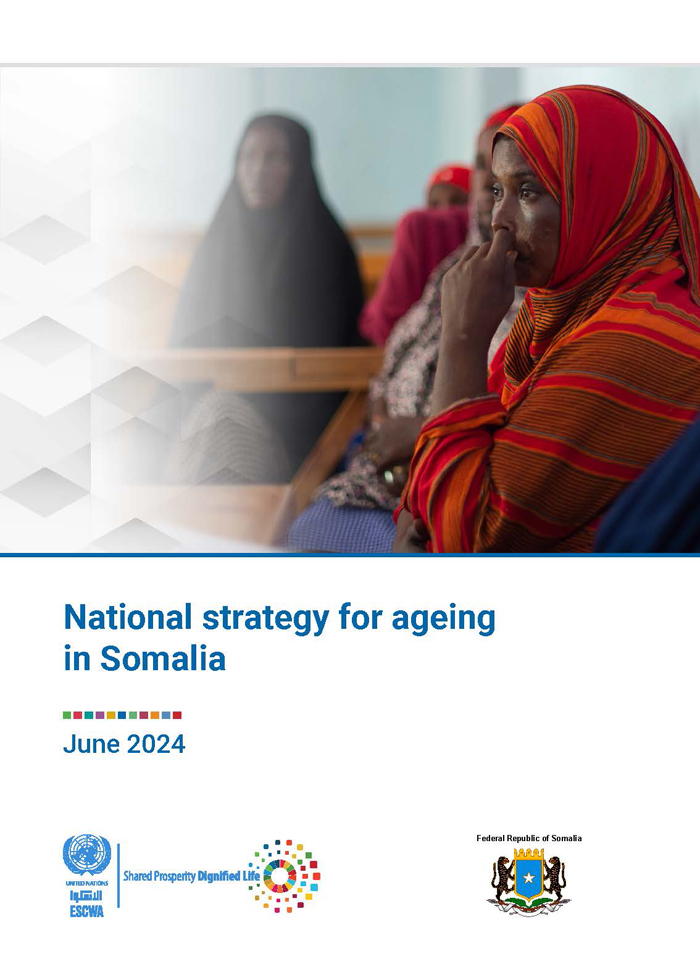
ESCWA Publication: E/ESCWA/CL2.GPID/2022/TP.30
Country: Lebanese Republic
Publication Type: Information material
Cluster: Gender Justice, Population and Inclusive Development
Focus Area: Gender equality, Inclusive development, Future of employment
Initiatives: Gender Justice and the Law
SDGs: Goal 5: Gender Equality, Goal 8: Decent Work and Economic Growth, Goal 10: Reduced Inequalities
Keywords: Labour, Lebanon, Gender equality, Legal aspects, Labour law, Hours of work
Legal study on the possibility of implementing flexibility of labour in Lebanon
May 2023
The significant changes resulting from technological advancements have greatly contributed to highlighting the concept of flexibility of labour. Given the importance of this form of work in enhancing the competitiveness of institutions and securing work with great flexibility for individuals with family responsibilities, especially women, and thereby advancing the achievement of gender equality, a global trend has emerged to encourage its regulation. This is achieved through its legalization and the development of public policies that incentivize its adoption.
It is only natural for Lebanon to be part of the ongoing dynamics of seeking to regulate the flexibility of labour and participate in the current discussions surrounding it. No country can afford to be excluded from these frameworks. Therefore, it was necessary to examine the existing Lebanese legal system to assess its capacity in accommodating new forms and patterns of labour. Accordingly, this study was conducted and resulted in a proposal for the texts that should be adopted for this purpose.
Law proposal on flexible working arrangements in Lebanon: Brochure
Related content
Gender equality
, Inclusive development
, Future of employment
,
The significant changes resulting from technological advancements have greatly contributed to highlighting the concept of flexibility of labour. Given the importance of this form of work in enhancing the competitiveness of institutions and securing work with great flexibility for individuals with family responsibilities, especially women, and thereby advancing the achievement of gender equality, a global trend has emerged to encourage its regulation. This is achieved through its legalization and the development of public policies that incentivize its adoption.
It is only natural for Lebanon to be part of the ongoing dynamics of seeking to regulate the flexibility of labour and participate in the current discussions surrounding it. No country can afford to be excluded from these frameworks. Therefore, it was necessary to examine the existing Lebanese legal system to assess its capacity in accommodating new forms and patterns of labour. Accordingly, this study was conducted and resulted in a proposal for the texts that should be adopted for this purpose.
Law proposal on flexible working arrangements in Lebanon: Brochure



